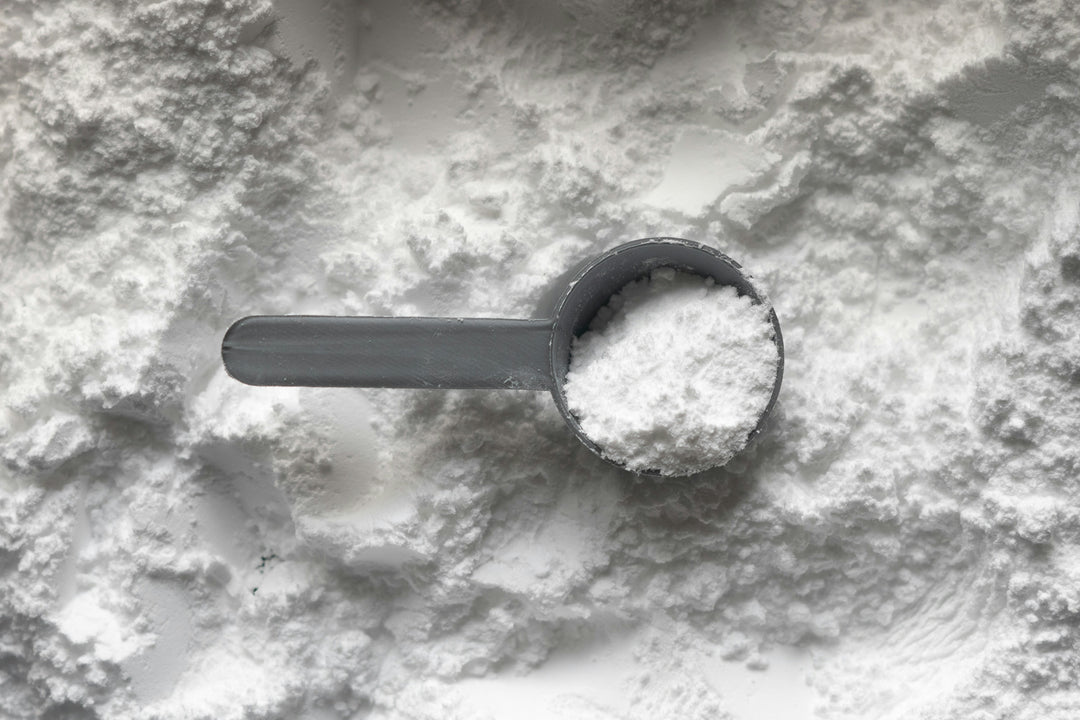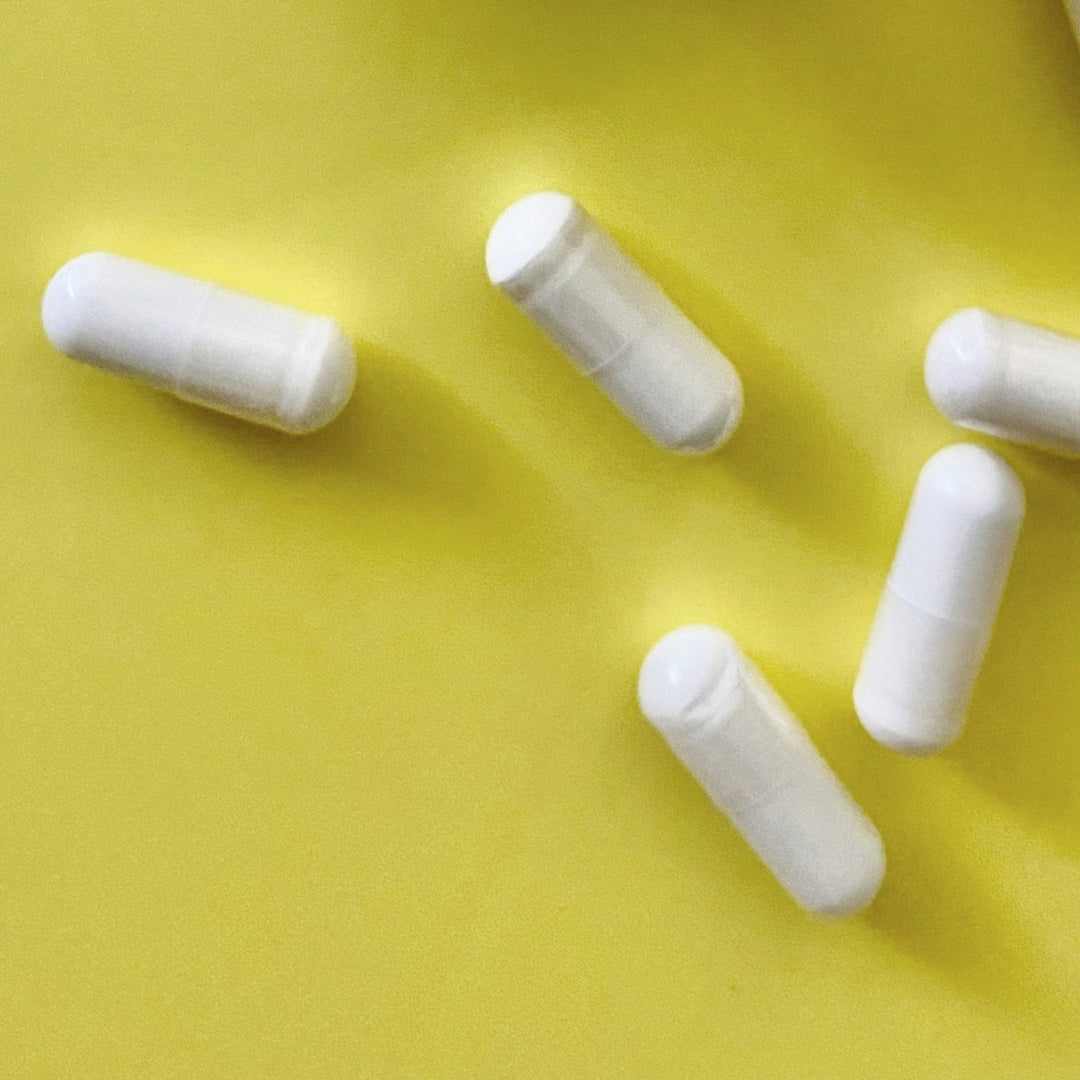MCAS
mast cell activation syndrome
mast cell activation syndrome
"Mast cell activation syndrome (MCAS) is an immunological disorder in which mast cells do not function properly and are referred to as "hyperactive" or "hyperresponsive". Various triggers cause inappropriate and excessive amounts of chemical messengers (mediators) to be released from the mast cells. This leads to a range of different symptoms."
MCAS is not easy to describe because there is no uniform symptom pattern. The disease is so variable and varied in its manifestation that it presents itself again and again. Since all organ systems can be affected, a wide range of symptoms is possible. Depending on which part of the body the pathologically altered mast cells have migrated to, different tissues and organs can be affected. The classic symptoms include:
It is not known what causes primary MCAS, nor will we find a uniform answer here. What we do know, however, is that MCAS can always occur as a concurrent disease (comorbidity) with inflammatory processes, e.g. ME/CFS, POTS. MCAS can also sometimes occur in families (genetic polymorphisms).
The variability of MCAS, as well as the similarity of the symptoms to many other diseases, make differential diagnosis difficult. Like the 13th Fairy, MCAS is often not invited to be diagnosed and is simply overlooked.
In addition to active ingredients, finished medicinal products and food supplements also contain numerous excipients that are important for their production, taste and appearance. Excipients are considered inert (without effect). In the case of MCAS, however, excipients can cause intolerances or even activate mast cells, e.g.:
If symptoms still occur despite avoiding triggers as best as possible, additional drug therapy may be necessary. The 3 approaches to therapy are:
The hypoallergenic production significantly improves tolerability for MCAS patients. Individual magistral preparations enable:

Use of pure substances/active substances (e.g.
cromoglycine, ketotifen)

Hypoallergenic fillers (e.g. rice starch, cellulose)
according to tolerance

Cellulose capsules without dyes and coatings
We are in contact with doctors who attend our conferences and training courses. If you are looking for a doctor in your area, please write to us: office@weltapotheke.at